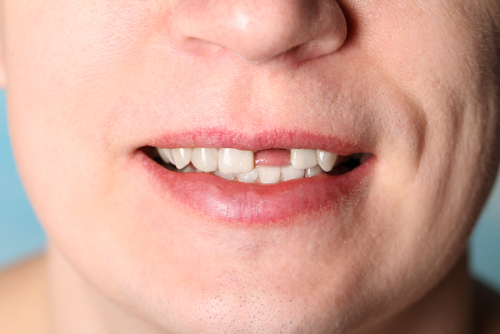
Tooth loss can be used as a major predictor to somebody’s life expectancy, according to a new study.
The research, published in Periodontology 2000, found that the number of teeth we lose could be a key indicator to our quality of life and that those who have a full set of teeth when they are 74 are more likely to reach 100 years old.
The study shows that there was clear evidence that tooth loss is closely related to ‘stress’ during a person’s lifetime. This includes a person’s specific social, emotional, economic and educational experiences as well as health issues such as chronic disease, genetic conditions, nutritional intake and lifestyle choices.
Evidence showed that people who had lost five or more teeth by the age of 65 were also more likely to suffer from other serious health issues such as cardiovascular disease, diabetes and osteoporosis which could severely limit a person’s life expectancy. Many of these illnesses have been previously linked to as person’s quality of life and their socio-economic status.
Speaking on the issue, Dr Nigel Carter OBE, CEO of the Oral Health Foundation, said: ‘There are many reasons why somebody can lose their teeth, it could be down to trauma, smoking or just a continued poor oral health routine, it can also be related to gum disease which is closely linked to health conditions such as heart disease and diabetes.
‘What this piece of research suggests is that tooth loss can often be a signifier of a poor quality of other areas of a person’s lifestyle and therefore a higher likelihood of someone having health issues because of this.
‘Importantly, it also shows that diseases associated with tooth loss, such as gum disease, can also contribute to an increased risk of life limiting diseases.
‘It is very evident that what is going on in our mouths can really be a useful window to our overall health. It is therefore vital that we take proper care of our mouth and pay close attention to what is happening as it could be a sign of something more serious.’
Dr Carter added: ‘Tooth loss itself comes with its own problems, it can lead to issues with eating and therefore a person’s ongoing nutrition and even create problems with their ability to communicate.
‘We welcome more research into this matter as it may be a way to detect and prevent diseases related to tooth loss and other serious systemic diseases.’


